Hyperglycemia occurs when the body doesn't produce or use insulin as well as it should, causing increased glucose (sugar) in the blood.
Hyperglycemia (high blood sugar) is a common condition in people with diabetes. Controlling blood sugar is central to treating diabetes. Uncontrolled hyperglycemia can lead to many complications.
Classify
Hyperglycemia can occur after eating or without food.
Non-food-related hyperglycemia: After 6-8 hours without eating or drinking, your blood sugar is determined to be higher than 130 mg/dL (milligrams per deciliter), which means you have diabetes. If your fasting blood sugar is 100-125 mg/dL, you have prediabetes.
Postprandial hyperglycemia: Blood sugar tends to rise about 1-2 hours after a meal, blood sugar levels can be higher than 180 mg/dL. This can be due to unhealthy food and eating habits. Continuous, uncontrolled hyperglycemia can cause damage to nerves, blood vessels, and other organs in the body.
Reason
The body breaks down food into carbohydrates (carbs) into a sugar called glucose, which provides energy. Glucose enters the bloodstream after eating and needs insulin (a hormone from the pancreas) to enter the body's cells so they can be used.
When blood sugar levels rise, the pancreas releases insulin, which moves glucose into cells. The liver and muscles store extra glucose, helping to keep blood sugar levels normal. However, when a person with diabetes resists insulin or does not produce enough insulin, this process is enhanced, causing sugar to remain in the blood.
Insulin resistance: The main cause of high blood sugar is insulin resistance. People who are obese, do not exercise much, and eat processed foods high in carbs and saturated fats are more likely to develop insulin resistance. Medications such as corticosteroids and some treatments for blood pressure, HIV, and mental health can also lead to insulin resistance.
Dawn phenomenon: Blood sugar levels tend to rise in the morning (4-8 am). Some theories suggest that in the morning, the body releases certain hormones (growth hormone, cortisol, and others) during the night, increasing insulin resistance and high blood sugar. Dawn phenomenon is more likely to occur when people take the wrong dose of diabetes medication the night before, eat a lot of carbs before going to bed, etc.
Hyperglycemia in people without diabetes : The cause may be Cushing's syndrome (an endocrine disorder), pancreatic diseases, polycystic ovary syndrome... causing changes in the body, leading to hyperglycemia.
Symptom
- Thirsty.
Headache.
- Difficulty concentrating.
- Blurred vision.
- Frequent urination.
- Tired.
- Losing weight.
- Blood sugar above 180 mg/dL.
Complications
- Vaginal and skin infections.
- Cuts and ulcers heal slowly.
- Poor visibility.
- Nerve damage causes pain, coldness, or loss of feeling in the feet; hair loss in the lower limbs; or erectile dysfunction.
- Stomach and intestinal problems such as chronic constipation or diarrhea.
- Damage to eyes, blood vessels, kidneys.
Risk factors
- Not taking enough insulin or other diabetes medications.
- Not injecting insulin properly or using expired insulin.
- Do not eat according to a special diet for diabetes.
- Lazy to exercise and play sports .
- Are sick or infected.
- Taking medications such as steroids or drugs that help control the immune system.
Prevent
Drinking plenty of water helps remove excess sugar from the blood through urine, avoiding dehydration.
Exercise helps lower blood sugar levels.
Change your eating habits by prioritizing fruits and vegetables, limiting carbs and sweets. Say no to alcohol and tobacco.
If blood sugar increases due to medication, the patient should consult a doctor to change to another medication or adjust the dosage accordingly.
Anh Chi (According to WebMD )
| Readers ask questions about diabetes here for doctors to answer |
Source link




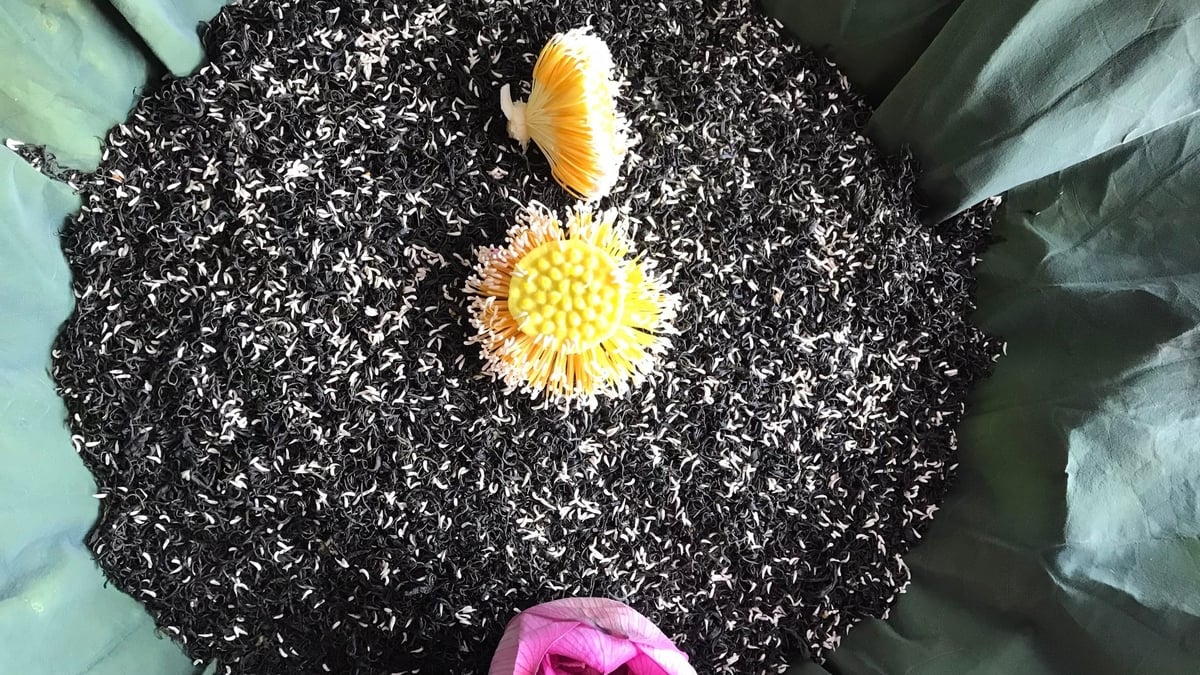



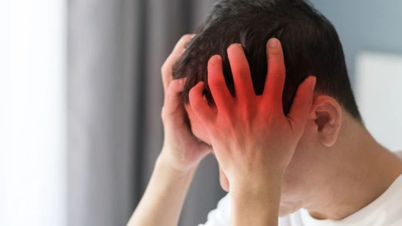




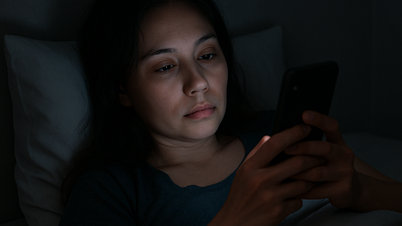
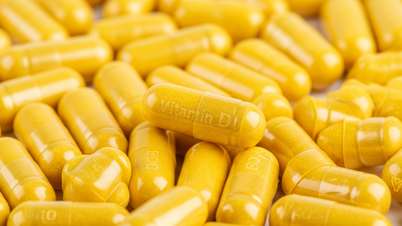

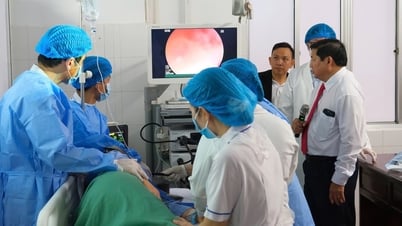





















































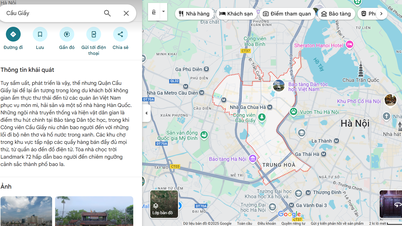
































Comment (0)